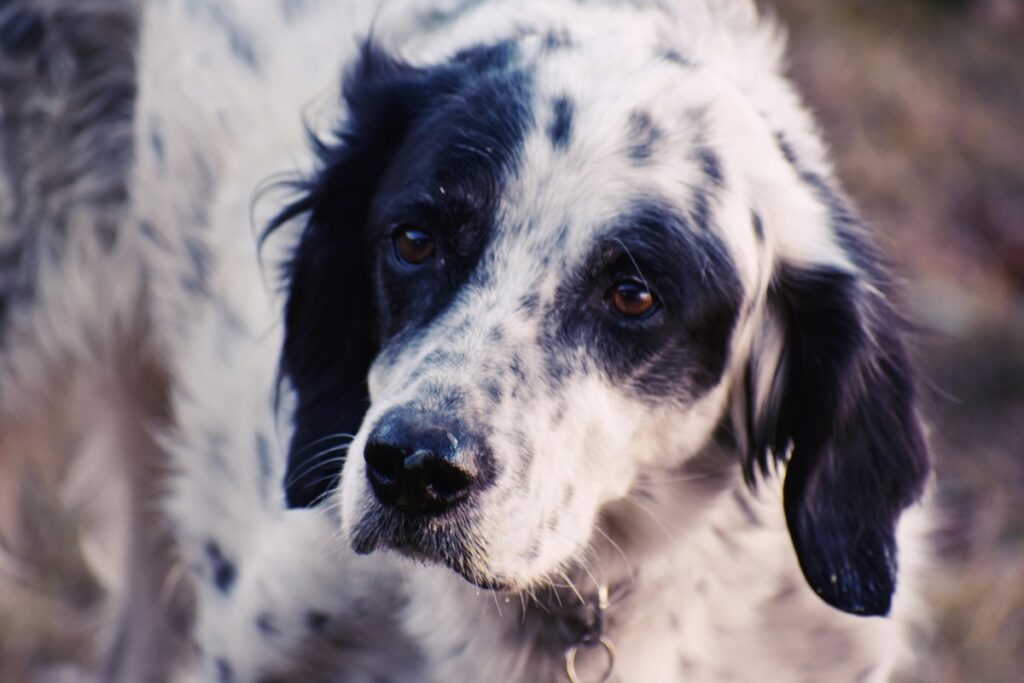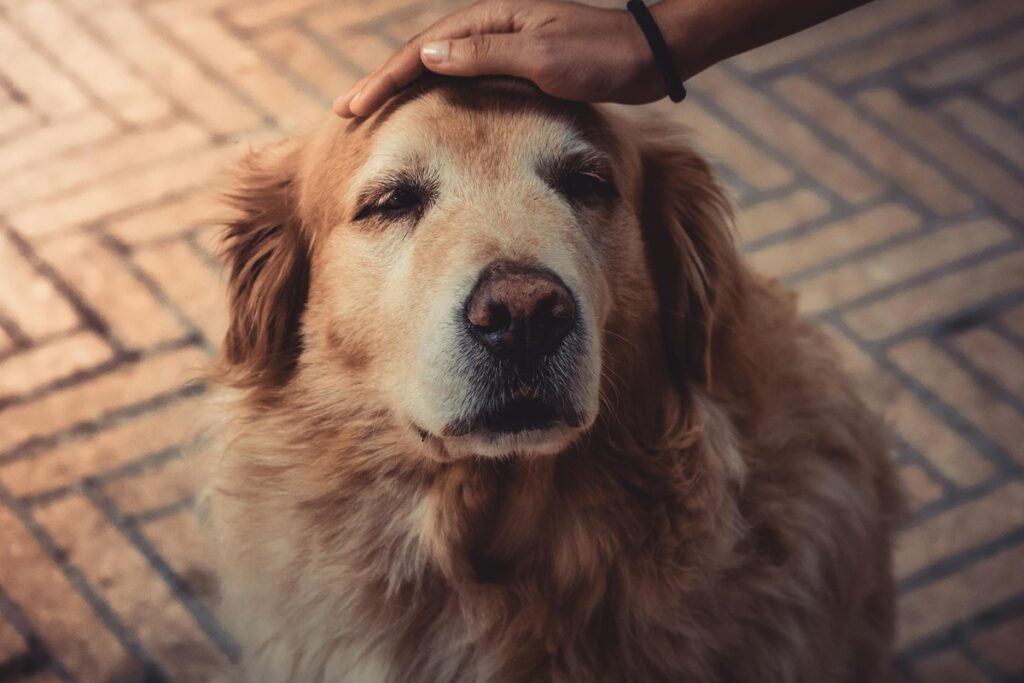7 Signs Indicating Dementia in Dogs
As dogs age, they may experience changes in their behavior and cognitive functions, similar to humans. Canine Cognitive Dysfunction (CCD), often referred to as dog dementia, is a condition that affects many senior dogs, leading to confusion, memory loss, and altered behavior. Recognizing the symptoms early can help pet owners provide the care and comfort their furry companions need as they navigate these challenges.
In this article, we’ll explore seven common symptoms of dementia in dogs, shedding light on how these changes manifest and what they might mean. Understanding these signs can guide you in seeking veterinary advice and making life easier for your aging pet.
1. Disorientation

One of the most common signs of dog dementia is disorientation or confusion. Your dog may get lost in familiar places, seem unsure of where they are, or struggle to navigate the house. For instance, they might stare blankly at walls or get stuck in corners without understanding how to get out.
2. Altered Sleep Patterns

pexels.com
Dogs with dementia often experience changes in their sleep-wake cycles. They may become restless at night, pacing or whining, and sleep excessively during the day. This disruption can be stressful for both the dog and the owner.
3. House-Training Regression

pexels.com
If your senior dog starts having accidents indoors despite being house-trained, it could be a symptom of dementia. This behavior might stem from forgetfulness or an inability to signal when they need to go outside.
4. Decreased Interaction

pexels.com
A once-friendly and social dog may withdraw or seem less interested in interacting with family members or other pets. They may no longer greet you at the door, shy away from playtime, or seem indifferent to affection.
5. Repetitive Behaviors

pexels.com
Repetitive or compulsive behaviors, such as pacing, circling, or licking the same spot, are often observed in dogs with dementia. These actions might appear purposeless but can signal an underlying cognitive decline.
6. Anxiety or Restlessness

pexels.com
Dogs with dementia may become more anxious or restless, especially in unfamiliar situations or when left alone. They might pant excessively, whine, or display destructive behaviors they didn’t exhibit before.
7. Loss of Learned Behaviors

pexels.com
Dementia can cause dogs to forget commands or routines they’ve known for years. For example, they may no longer respond to their name, sit on command, or understand cues like the leash meaning it’s time for a walk.
Caring for a Dog with Dementia

pexels.com
Recognizing dementia symptoms in your dog is the first step toward helping them navigate their golden years. While there is no cure for CCD, veterinary treatments, lifestyle adjustments, and plenty of patience can significantly improve your dog’s quality of life. If you suspect your dog is showing signs of dementia, consult your veterinarian for a tailored care plan. Providing a calm, predictable environment and plenty of love can make all the difference for your aging canine companion.







